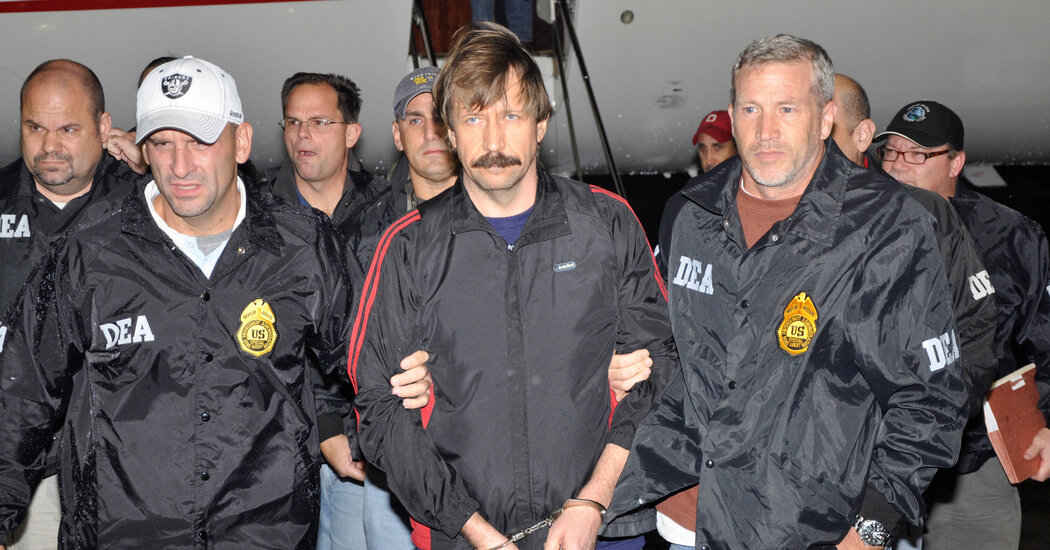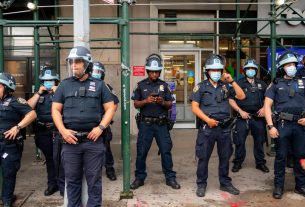Initially, George Weah, the former international soccer star who today is president of the West African country, endorsed the creation of the court. But, recently, he has gone silent on the subject.
With African leaders convening this week in Washington for a high-level summit, Mr. Bility called on President Biden to speak with President Weah about establishing such a court.
Mr. Bout’s client list was long, according to Douglas Farah and Stephen Braun, who wrote a book about him, “Merchant of Death: Money, Guns, Planes, and the Man Who Makes War Possible.” He simultaneously supplied weapons to Ahmad Shah Massoud, leader of Afghanistan’s Northern Alliance, they wrote, and to Mr. Massoud’s enemies, the Taliban.
Mr. Bout mixed his smuggling activities with legitimate — and lucrative — business, such as buying gladioli for $2 each in South Africa and flying tons of the flowers to Dubai, where he sold them for $100 a stem. He flew U.N. peacekeepers to Somalia and East Timor, and French troops into Rwanda during the 1994 genocide, he told a New York Times reporter in 2003.
Mr. Rapp, the prosecutor, said that Mr. Bout’s conviction had been a little like that of Al Capone, the Chicago mobster who was eventually jailed for tax evasion — not murder or bootlegging or racketeering.
“I’d prefer that somebody other than Viktor Bout was traded,” Mr. Rapp said. “But the fact that he’s done almost 15 years of his 25-year sentence is some solace. Al Capone only did eight.”
Ruth Maclean reported from Dakar, Senegal, and Dounard Bondo from Freetown, Sierra Leone.



